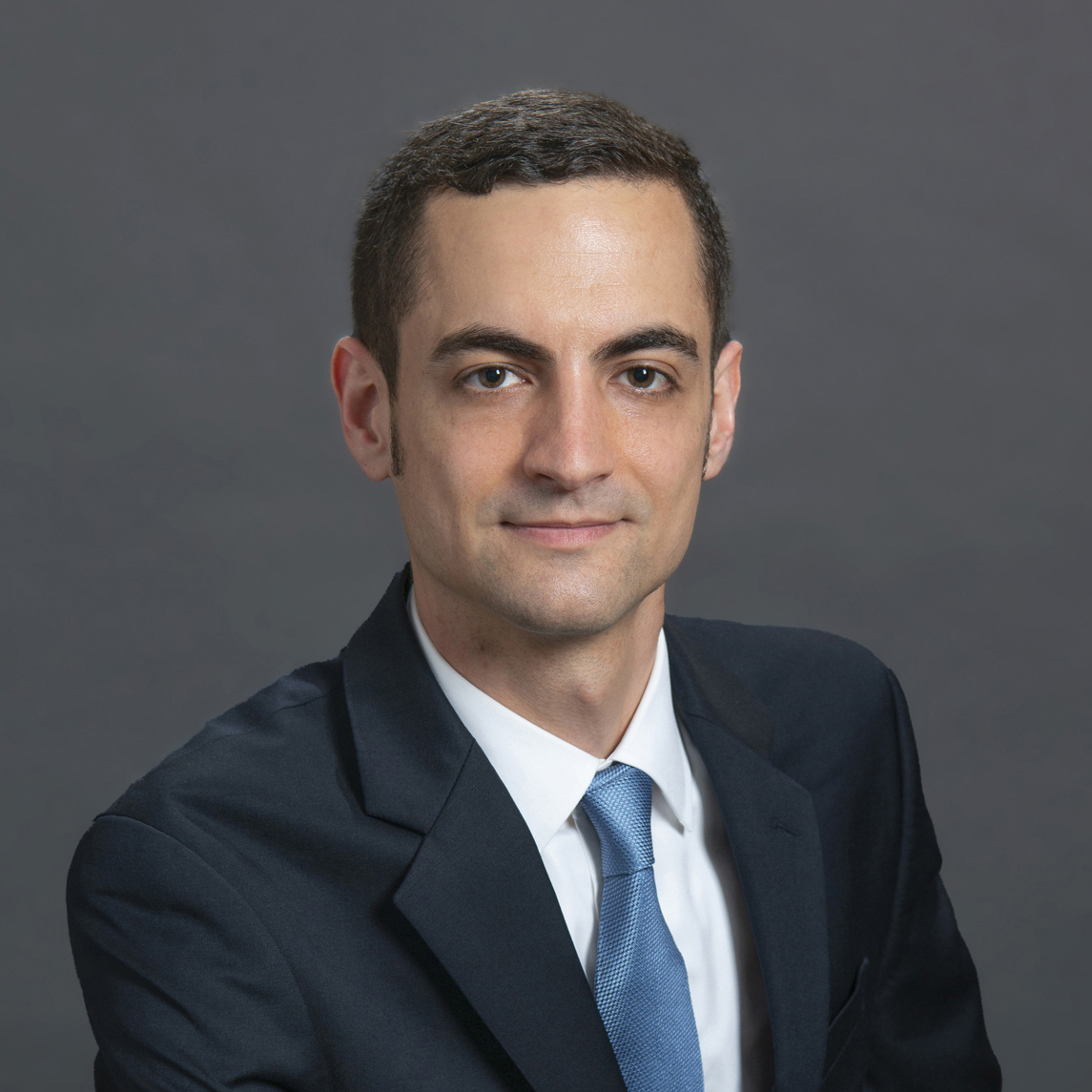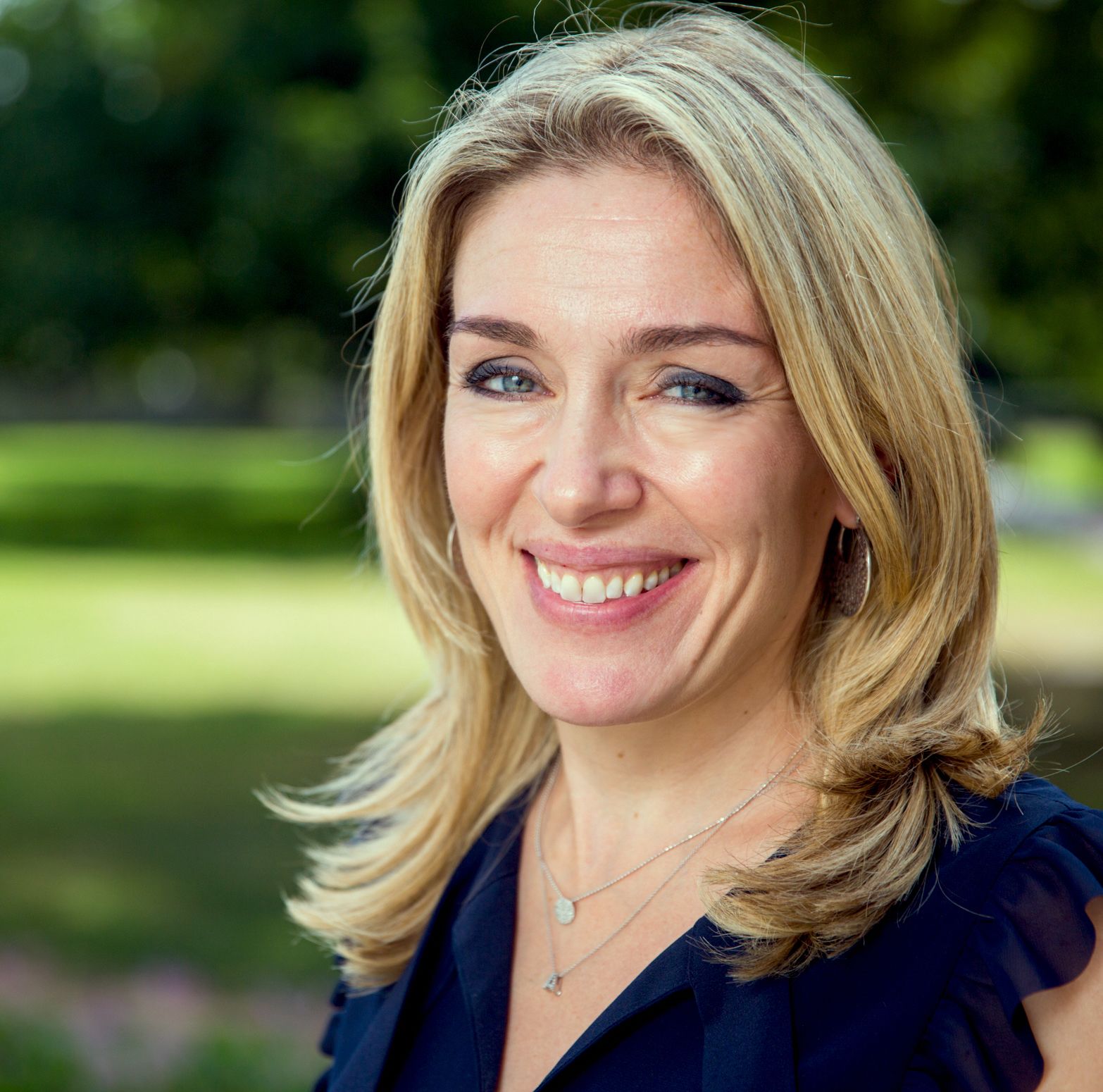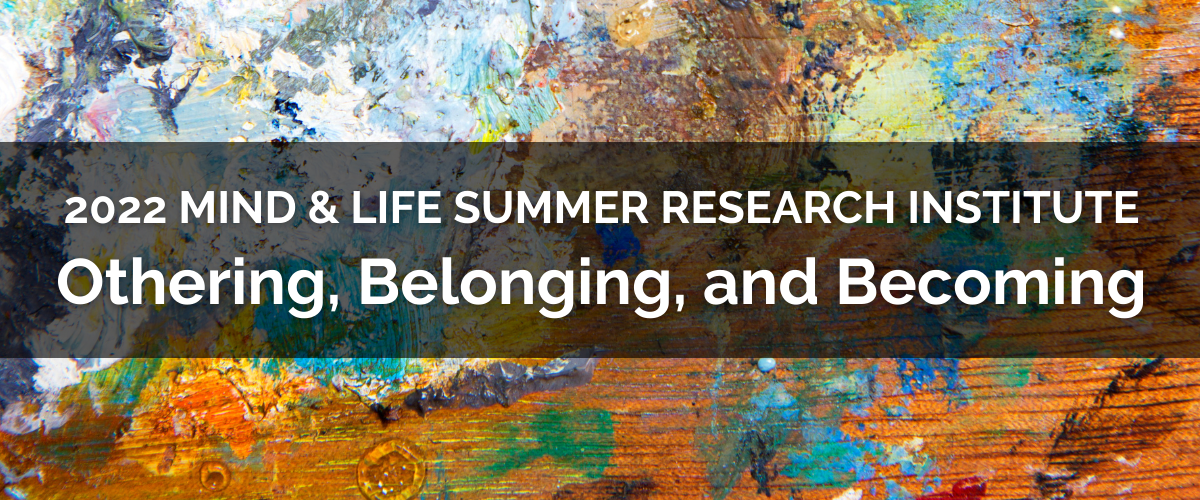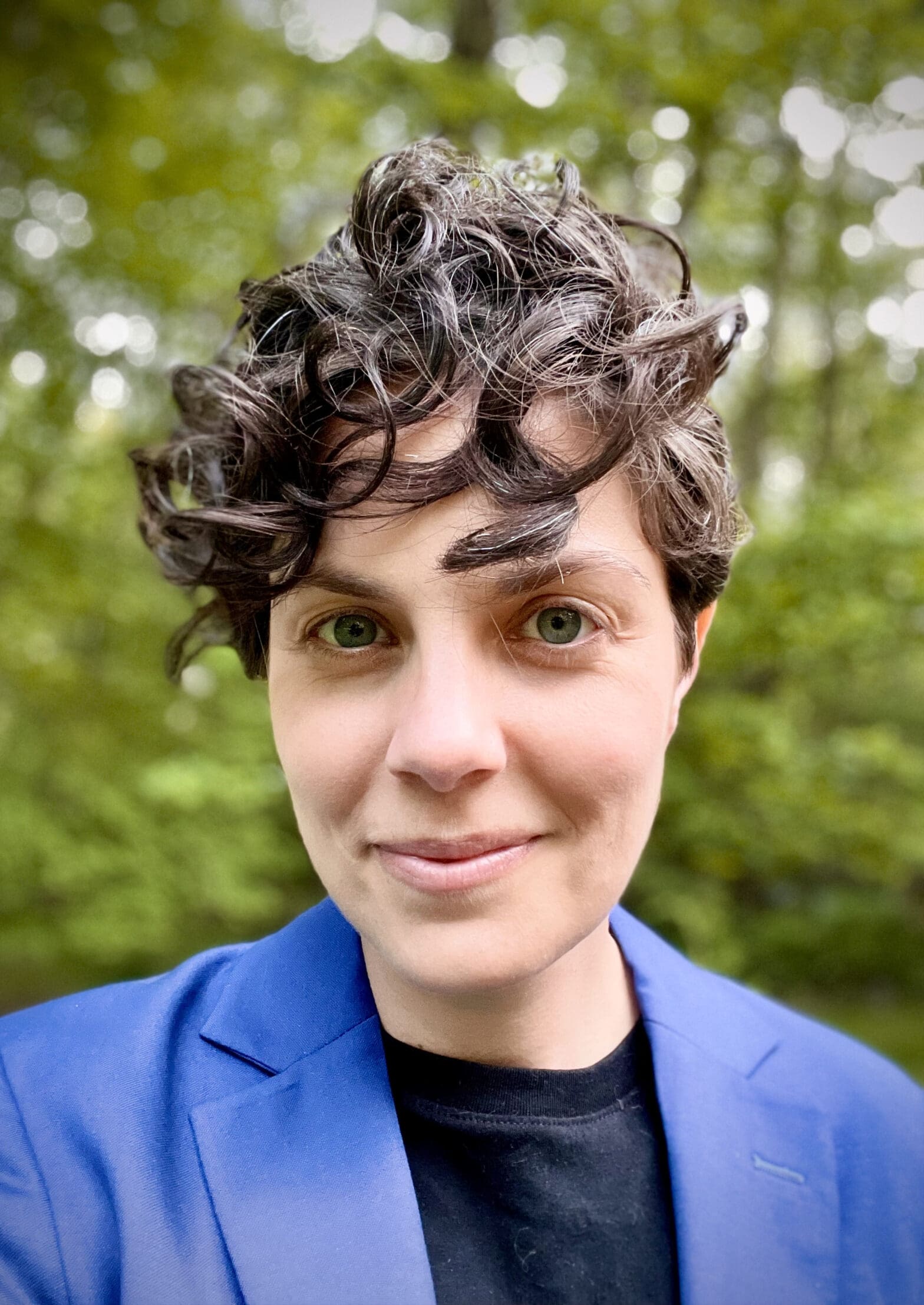Polina is a PhD Candidate in Social Psychology at Virginia Commonwealth University, working with Dr. Kirk Warren Brown at the Wellbeing Lab. Originally from Russia, she served as Research Assistant at the Positive Psychology of Personality and Motivation Lab (Moscow, Russia), VIA institute on Character (Cincinnati, Ohio), and Decision Neuroscience Lab (Richmond, Virginia). Polina’s research …
Search results for:
neuroscience
Matthew Sacchet
Dr. Matthew D. Sacchet, Ph.D., is an Assistant Professor and Director of the Meditation Research Program at Harvard Medical School and Massachusetts General Hospital. Dr. Sacchet is an established expert in meditation and mental health research. His background includes leading teams to conduct innovative and complex studies, employing advanced research methods, studying meditation and mental …
Abigail Marsh
I am a Professor in the Department of Psychology and the Interdisciplinary Program in Neuroscience at Georgetown University. I received my Ph.D. from Harvard University and conducted my post-doctoral research at the National Institute of Mental Health. I am the Past-President of the Social and Affective Neuroscience Society. My research is aimed at answering the …
2022 Summer Research Institute
SRI 2022 explores the crisis of disconnection and othering. The challenges we face—from racial injustice to conflict within and across borders to climate change—demand concerted action; yet we remain more divided than ever. What is the role of our minds in creating these divisions, and how can our minds transform to create a more connected world?
Summer 2014 Visiting Scholars
Rajesh Kasturirangan examined four factors of “eudaimonics,” or the study of human flourishing—the conceptual, which represents the philosophical element that dates back to Aristotle and Confucius; the contemplative, which also hearkens back to the same network of thinkers and practitioners; empirical research, which has grown with recent breakthroughs in the realms of psychology and neuroscience; …
Transformative Social and Emotional Learning as a Catalyst for Climate Action
There’s a saying in the climate movement that to change everything will take everyone. In my work as an educational leader of color dedicated to transforming school communities through Social and Emotional Learning (SEL), I believe it’s imperative that schools ultimately position SEL in service of a shift in collective consciousness.
Plenary Panel: “Pathways to Resilience in the Pandemic from a Contemplative, Moral and Public Health Perspective“
This plenary session will consider the key major challenges we face during and after the pandemic and social unrest from the lens of social, affective and contemplative neuroscience and from public health. Insights from these disciplines will be applied to consider possible interventions and solutions for some of the key challenges we face today. The …
Molly Crockett
Dr. Molly Crockett is an Associate Professor at Princeton University’s Department of Psychology and University Center for Human Values. Crockett’s lab investigates moral cognition: how people decide whether to help or harm, punish or forgive, trust or condemn. Their research integrates theory and methods from psychology, neuroscience, economics, philosophy, and data science. Crockett’s recent work …
Keynote and Q&A: “Contemplative Studies: An Ecological Methodology for Multidisciplinarity”
Building on the conception of ‘ecological phenomenology’ that Maria Heim and Ram have developed, and which he has written about in his recent book, he will share that there is a deep ‘ecological’ conception of being human in the contemplative traditions that could provide a paradigm for looking at the disciplinary and reflexive phenomenology of …
Keynote and Q&A: “Understanding Human Thought Through Dynamic Brain Systems”
Mind-wandering has recently come to occupy a central position in cognitive psychology and neuroscience. Most theories and research so far have examined it in terms of task-unrelated or stimulus-independent mental contents that occur at particular moments of time. A defining feature of mind-wandering, however, are its dynamics: how thought moves over time. In this talk, …
Continue reading “Keynote and Q&A: “Understanding Human Thought Through Dynamic Brain Systems””







